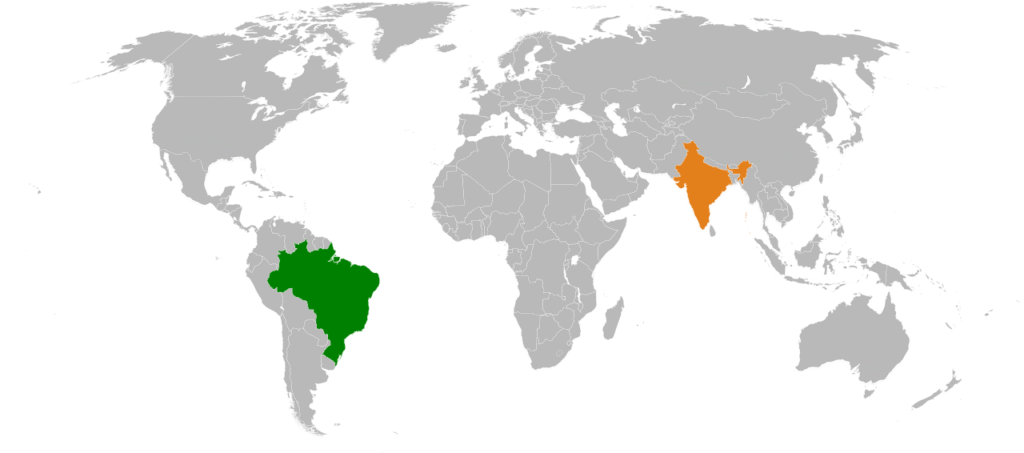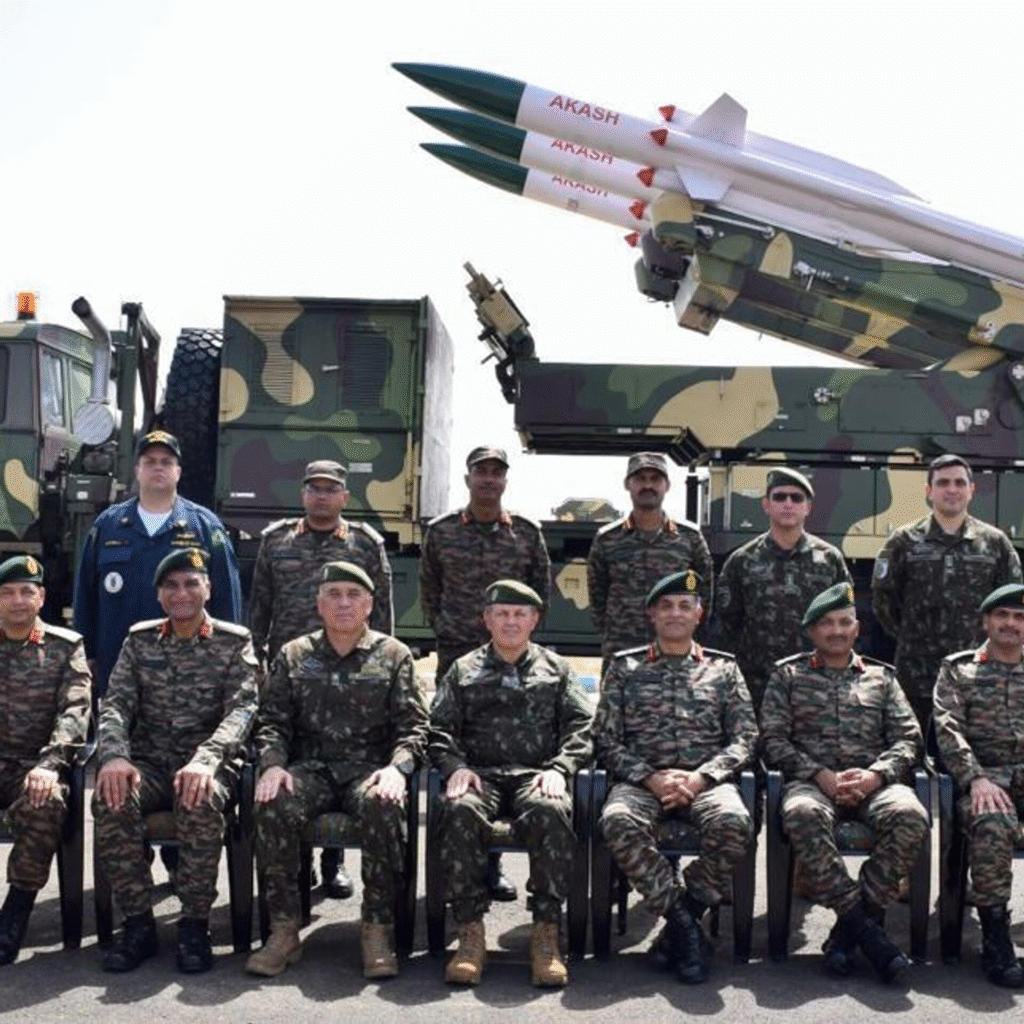In a world facing escalating threats, strategic alliances are more vital than ever. The recent signing of six crucial agreements between India and Brazil marks a significant step forward in strengthening ties between the two nations, with a focus on bolstering their defense capabilities and enhancing anti-terrorism cooperation. This move reflects a shared commitment to regional and global security, signaling a deeper level of collaboration between two influential emerging economies.
This article delves into the details of these agreements, analyzing their key provisions and exploring the potential impact on regional and global security. We’ll examine the significance of this partnership, the areas of cooperation, and the implications for the future of India-Brazil relations. This is crucial information for anyone interested in international relations, security analysts, and those following India-Brazil developments.
Setting the Stage: The Significance of India-Brazil Partnership
The partnership between India and Brazil is built on a foundation of shared democratic values, economic interests, and mutual concerns about regional and global security. Both nations are members of BRICS (Brazil, Russia, India, China, and South Africa), a grouping of major emerging economies working towards increased cooperation. This shared platform fosters collaboration in various sectors, contributing to South-South cooperation and a more balanced global governance structure.

Historically, India and Brazil have enjoyed strong diplomatic ties. Over the years, they have established a strategic partnership that encompasses trade agreements, cultural exchanges, and joint efforts on global platforms. Their collaboration extends across various fields, including trade, investment, and defense, with the recent agreements serving as a significant milestone in this evolving relationship.
Unveiling the Six Agreements: Key Areas of Cooperation
The six agreements span a range of critical areas, reflecting the multifaceted nature of the India-Brazil partnership. One significant focus is on strengthening defense cooperation. This includes potential for joint military exercises, technology transfer, and procurement of defense equipment. These initiatives aim to enhance the interoperability of their armed forces and improve their ability to respond to threats collaboratively.

Enhancing anti-terrorism efforts forms another crucial aspect of the agreements. These encompass crucial aspects like intelligence sharing, counter-terrorism strategies, and tackling extremist ideologies. The two countries are also expected to cooperate in areas such as terrorism financing, cyber terrorism, and collaborating with international organizations like Interpol to combat transnational crime and terrorism.
Impact and Implications: Analyzing the Significance
These agreements have the potential to contribute significantly to regional security and stability. By strengthening defense cooperation and coordinating anti-terrorism strategies, India and Brazil can better address the challenges posed by global threats and maintain a more secure environment. Their combined efforts can help deter potential aggressors and promote stability in their respective regions.

The strengthening of this partnership also has broader implications for international relations. It signifies the growing importance of South-South cooperation, as emerging economies collaborate to address shared challenges and promote their interests on the global stage. This can lead to a more diversified and multipolar world order, where developing countries play a more prominent role in global governance.
The recent signing of six agreements between India and Brazil represents a pivotal moment in their relationship. By prioritizing defense, anti-terrorism, and various other areas of cooperation, both nations demonstrate a commitment to building a strong and resilient partnership. These agreements have far-reaching implications for regional security, global cooperation, and the broader rise of South-South collaboration.

The India-Brazil partnership is set to grow as they face common threats and shared aspirations. The success of these agreements will depend on effective implementation, continued dialogue, and a shared commitment to their goals. What do you think? Share your thoughts below!








